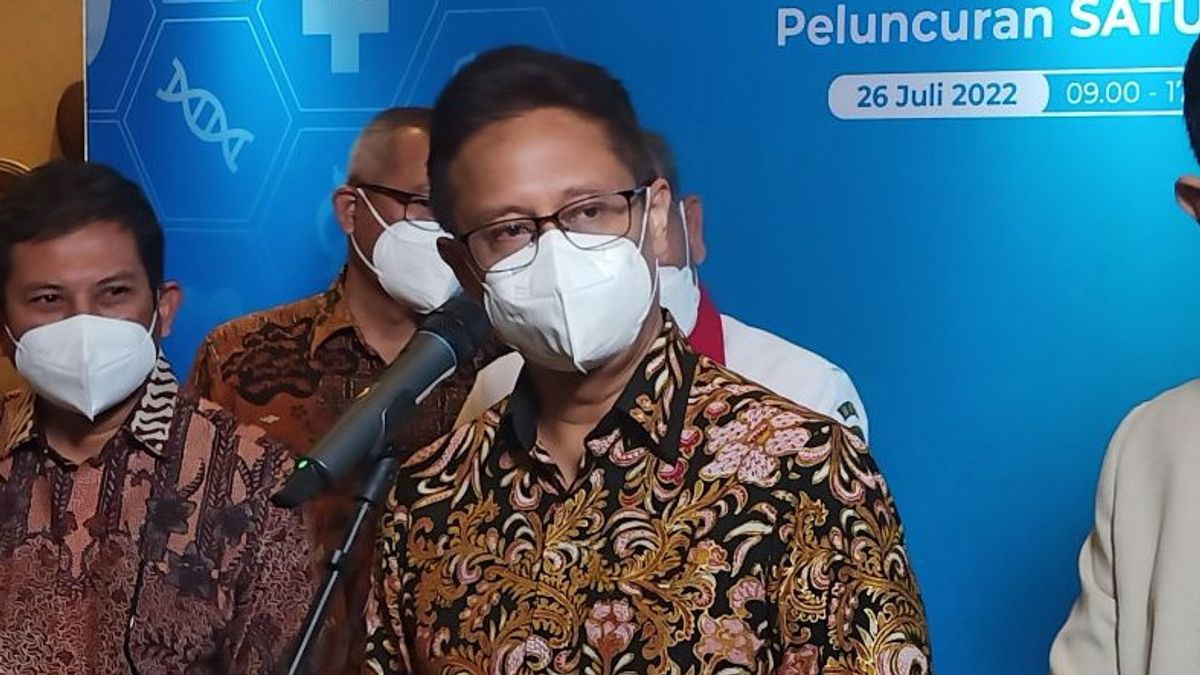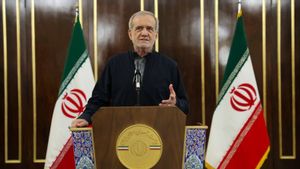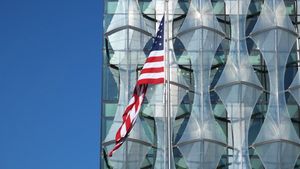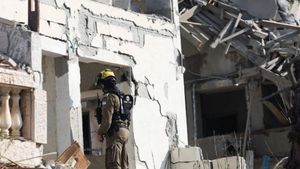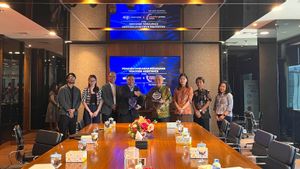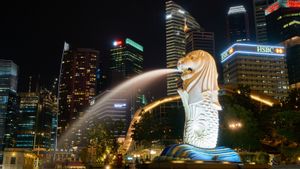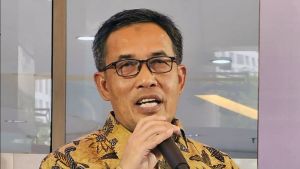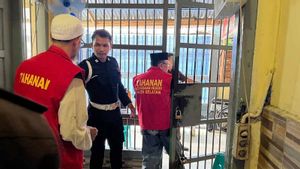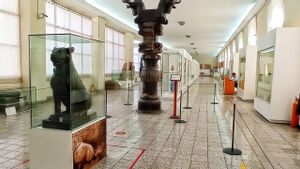JAKARTA - Health Minister Budi Gunadi Sadikin said the government was considering the implementation of the fourth dose of COVID-19 vaccination for health workers (nakes).
"We are currently studying the second booster vaccination (fourth dose vaccination) for health workers, because some of our health workers have been infected (infected with COVID-19)," Budi said after the launch of the SatuSehat Single Platform at the Raffles Hotel, Jakarta, reported by ANTARA, Tuesday, July 26. .
The Minister of Health said that the discussion regarding the plan to implement the fourth dose of vaccination or second booster vaccination for health workers has entered the final stage.
"Hopefully in the near future we will be able to inform the public. Later when the President returns we will report it, if he agrees, we will immediately do it," he said.
The Minister of Health emphasized the importance of booster vaccinations to increase the body's resistance to infection with the corona virus that causes COVID-19.
Budi Gunadi said when exposed to COVID-19, people who had not received vaccinations were 30 times more likely to be hospitalized compared to people who had received booster vaccinations.
"People who are vaccinated once are about 20 times more likely to be hospitalized. People who are vaccinated twice are 10 times that of those who have had a booster (get a booster vaccination). So in my opinion, why don't they take a booster (booster vaccination), because it's free," he said.
When questioned separately, Griffith University epidemiologist Dicky Budiman suggested that giving a fourth dose of vaccination for at-risk groups was the right step.
"High-risk groups for example because of comorbid or elderly, even some people with disabilities," he said.
The fourth dose of COVID-19 vaccination is important to protect workers who are in direct contact with the community, especially with patients.
"Not only doctors, nurses, and their supporters, including ambulance drivers," he said.
According to Dicky, teachers and service officers at the entrances of the country such as airports and ports are also included in the risk group.
"Also in terms of conditions that have been marginalized due to socio-economic conditions. That must also be prioritized," he said.
The English, Chinese, Japanese, Arabic, and French versions are automatically generated by the AI. So there may still be inaccuracies in translating, please always see Indonesian as our main language. (system supported by DigitalSiber.id)
